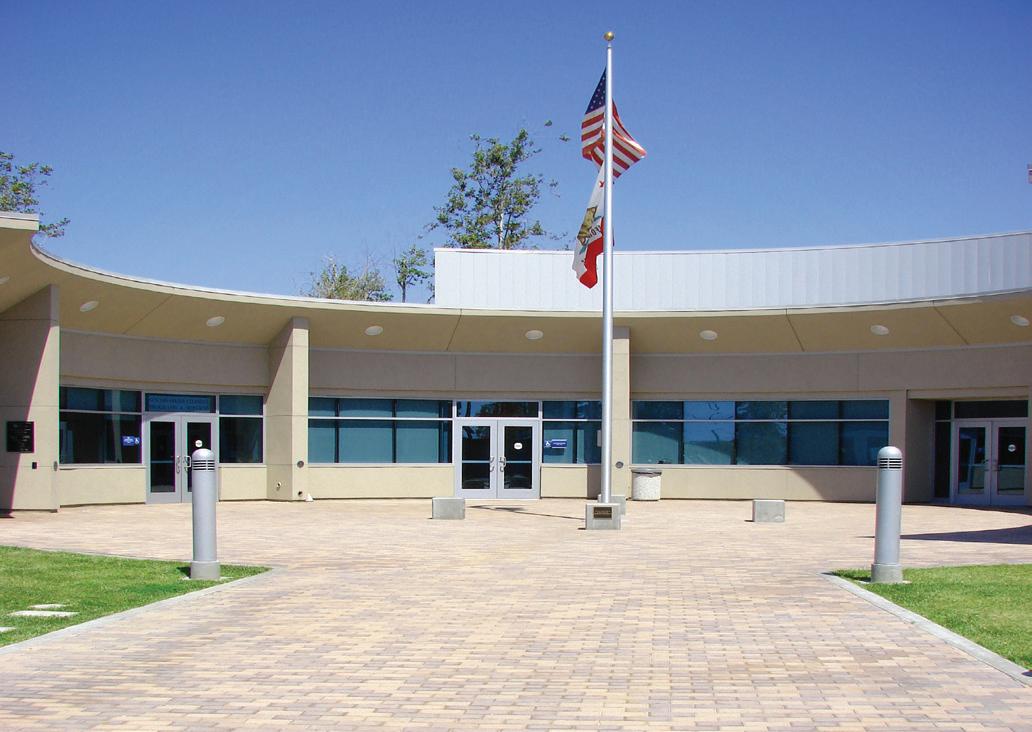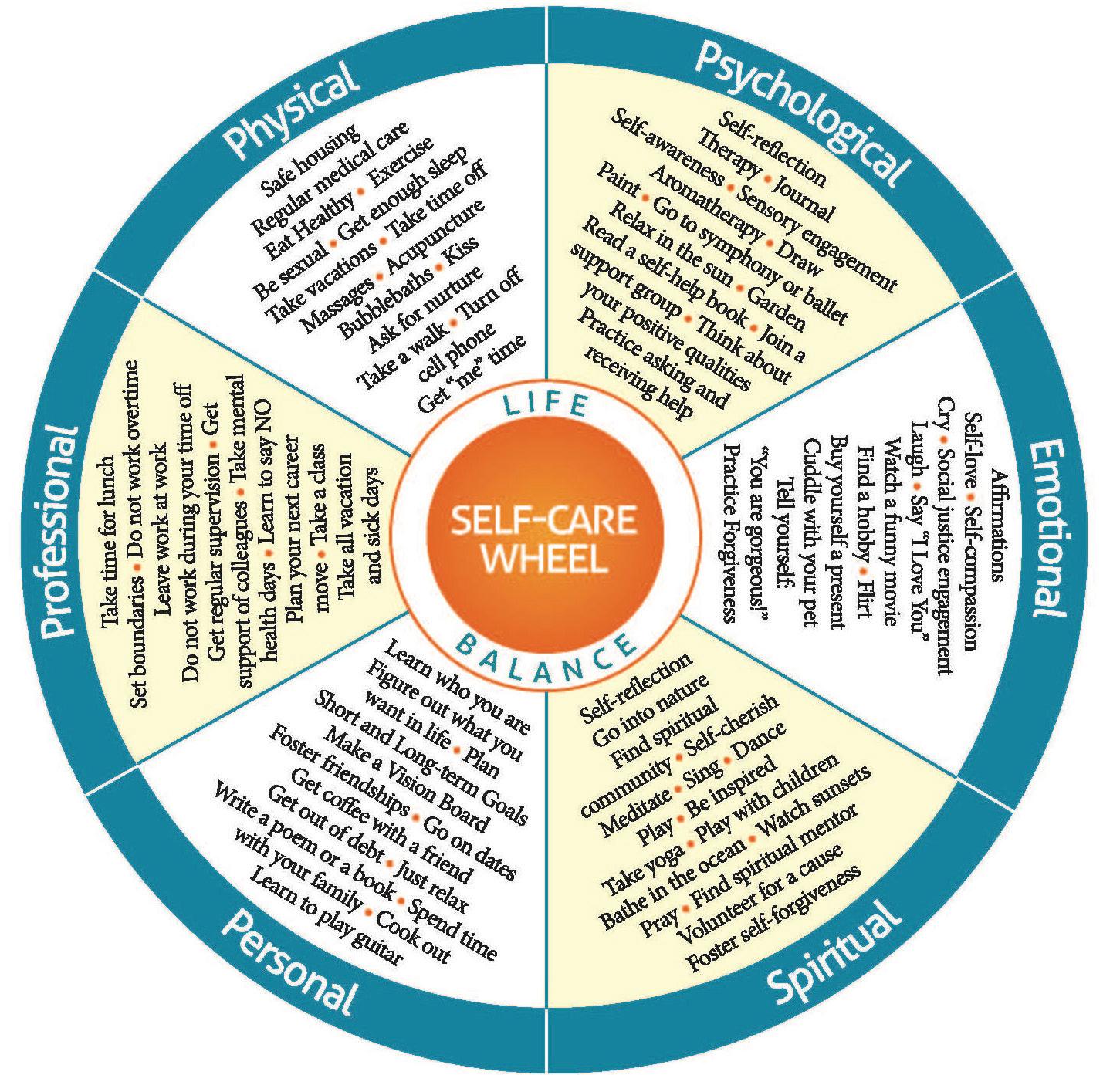
3 minute read
Strategizing: The Key to a Successful Job Search
Star Jamison
Academic Advisor and Career Coach, University of South Carolina Upstate
Advertisement
All teachers complete practicum and student teaching experiences. How can you differentiate yourself from all of the other teacher candidates in the job search process?
The key is to strategize. Work to strategically acquire experiences, both in and outside of the classroom, that set you apart from other candidates. The following strategies can be implemented at any point in your college experience; if this is your senior year, you still have time to distinguish yourself in preparation for your job search. Keep in mind that the educator’s job search does not begin when you are ready to send out resumes and prepare for interviews. Students who think strategically begin their job search preparation the moment they enter the classroom as a student teacher. Successful teacher candidates think strategically about how they will utilize the student teaching semester to prepare for their future interviews.
How are you setting yourself apart in the classroom?
Your student teaching experience is your opportunity to shine and truly set yourself apart. Successful job candidates make it a point to not only learn about new education reform initiatives, but to creatively incorporate these initiatives into their instruction. By taking these strategic steps, you demonstrate to your internship supervisors, coaches, principals, and prospective employers that you are passionate, knowledgeable, and a critical thinker.
Successful job candidates diversify their teaching experiences. It is wise to come up with a strategic plan to work with students of varied learning and engagement levels. Giving examples of how you have worked with students in a gifted and talented program and with students with disabilities, demonstrates to prospective employers that you are capable of working with students at various levels of the learning spectrum. Highlight any similarities, differences, joys, and challenges you experienced while instructing and assessing diverse learners. This last point leads to the next strategy which is the act of reflecting.
Strategic job candidates reflect on their experiences. After every lesson, each one-on-one instructional experience with a student, and every meeting with a parent, you will want to take time to think about the experience. Reflect on what went well, what challenges you encountered, and what you might do differently next time. Consider recording your experiences and reflections in a journal so that you can refer back to them. Having this valuable information at your fingertips will assist you tremendously when preparing for upcoming interviews. How are you distinguishing yourself outside of the classroom?
Successful job candidates possess a professional development strategy. If you haven’t already done so already, now is the time to begin thinking of yourself as a professional educator. Successful future educators begin to engage themselves in the field and in the challenges of education before they graduate. Immerse yourself in the education profession by attending, volunteering with, or hosting community events centered on the field of education. Examples include summer academic camps, reading events, town hall meetings, book festivals, science fairs, education summits, symposiums, and lectures. You will also want to attend on-campus employer information sessions and professional development events designed for education majors.
Each of these experiences affords you the opportunity to: ü Learn more about the current state of education; ü Acquire additional knowledge related to planning and executing creative educational events; ü Gain hands-on experience with writing engaging lesson plans; ü Develop classroom management skills; ü Learn how to implement various instructional strategies; and ü Network with industry professionals and community leaders
How do you stand out at job fairs?
Successful job candidates have a job fair strategy. This strategy begins with researching school districts that are of interest to you. You will definitely want to know what these districts and schools specialize in. Are they focused on S.T.E.M or S.T.E.A.M initiatives? Are the Arts a primary focus?
What is the demographic composition of their schools and community? Many future educators skip conducting research on the communities of the districts where they want to work, but it is important that you are aware of the community’s strengths, challenges, and opportunities. When your students enter your classroom each day, they bring traces of their community with them. Employers will be impressed by your knowledge of their schools and the community they serve. While you may target districts that are your primary employers of interest, don’t exclude districts and alternative school options that are less familiar to you. School districts offer various incentives and initiatives that may be attractive to you. Visit their tables, introduce yourself, and see what they have to offer.
The job search is not a last minute endeavor limited to submitting resumes and scheduling interviews. The job search for educators begins many months before your first job fair. Prospective educators who are successful in their job searches understand that job search preparation is intentional, thoughtful, and strategic.





